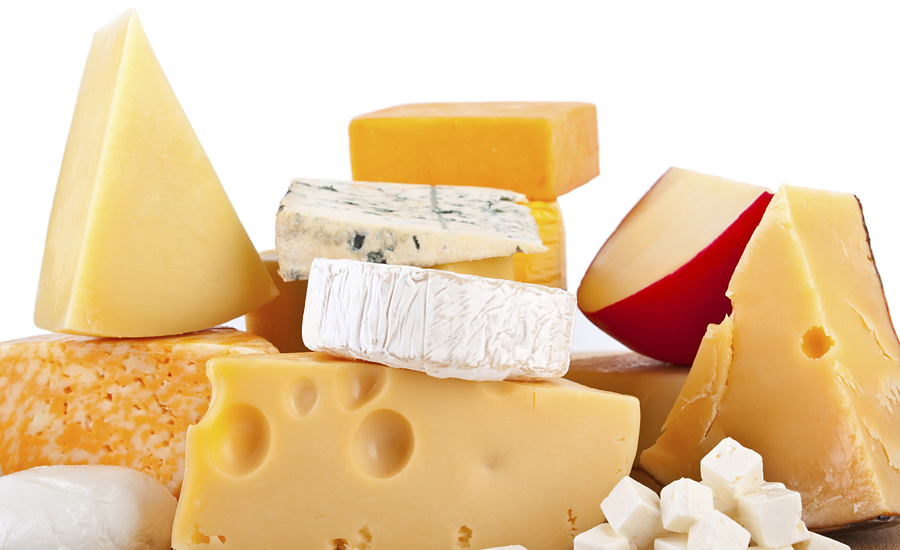Study: U.S. cheese market evolves with shifting consumer perspectives
The evolution of cheese into a packaged snack food option has led to the introduction of different types of cheeses, sometimes with newfangled flavor profiles.

A growing preference for natural, authentic cheeses and continued demand for convenience are reshaping the cheese industry, as indicated in a report published by Packaged Facts, Rockville, Md.
The study, “Cheese: U.S. Market Trends and Opportunities,” outlines that in recent years, the marketing positioning of cheese as a natural and protein-packed alternative to processed snacks in the shelf-stable aisles have made cheese a growing contender for the snacking dollar. Brands have been capitalizing on this opportunity by packaging cheese in more convenient forms for on-the-go snacking.
The evolution of cheese into a packaged snack food option has led to the introduction of different types of cheeses, sometimes with newfangled flavor profiles. Natural cheeses positioned as wholesome and sustainable (organic, local, grass-fed) yet still indulgent and flavorful have resonated with today's consumers. While the cheese market remains dominated by large producers, demand for novel and artisanal cheeses has allowed smaller label cheeses to claim their place at the table. In addition, store brands remain a market force, accounting for over 40% of dollar sales, according to this report.
"Product assortment balance is important," says David Sprinkle, research director. "While artisanal and more specialized cheeses are becoming more popular, that doesn't mean that people are dropping standards such as cheddar and mozzarella, which continue to account for the bulk of market growth."
This report forecasts market growth for processed and natural cheeses being sold on their own or packaged into other food items such as pizzas and snack packs. The analysis tracks the growth of the most popular types of natural cheeses for American consumers, assessing the impact snacking and health trends have on the varieties of cheese being produced and the forms in which they are being sold. The report also analyzes the eating habits of Millennial consumers and how the cheese market is benefitting from the popularity of the foodie lifestyle.
Looking for a reprint of this article?
From high-res PDFs to custom plaques, order your copy today!






